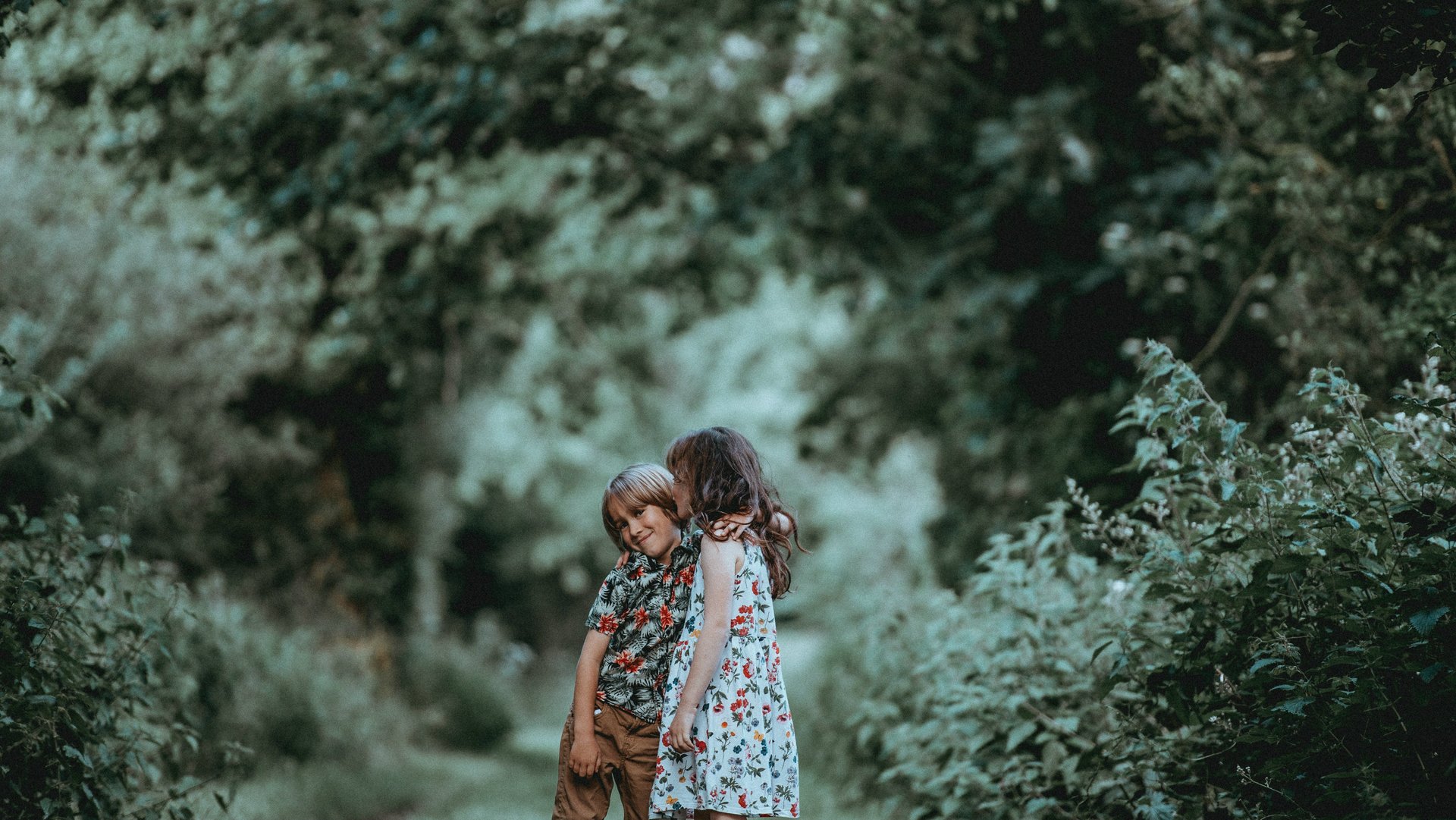Younger siblings play a role in developing empathy—older ones just get the credit
Good news, parents! Your kids’ empathy levels, or lack thereof, may not be all your fault. A new study, published today in Child Development, finds that both older and younger siblings positively influence each other’s empathy over time.


Good news, parents! Your kids’ empathy levels, or lack thereof, may not be all your fault. A new study, published today in Child Development, finds that both older and younger siblings positively influence each other’s empathy over time.
This challenges the established wisdom that it is only older kids who play an important role in shaping their younger siblings’ attitudes. Their positive influence—as role models, teachers, and playmates—has been well documented: kids whose older siblings are kind and supportive are more empathic than children whose older siblings are not.
But researchers at the University of Calgary looked at the relationship the other way around. Using two separate observations over an 18-month period (rather than asking parents to rate their own children’s empathy levels, a notoriously unreliable way to gather data), they tested an ethnically diverse group of 452 sibling pairs and their mothers in Canada.
First, the researchers tested levels of empathy in 18- and 48-month-old siblings. They went into the families’ home and played with each child separately. During the play session, the researcher would pretend to hurt him/herself, or break a valuable toy. The kid’s reaction would be noted and coded (all the sessions were videotaped). They did this again 18 months later. After controlling for everything they could, they found small but statistically significant effects on empathy.
“What I find remarkable is the demonstration that children under the age of three years do play a meaningful role in shaping their elder siblings’ empathic concern,” said Laurie Kramer, a professor of applied psychology at Northeastern University who has studied siblings for more than two decades (but was not involved in the research). “We don’t ordinarily think that three-year-olds can have this kind of influence on their older siblings, but they can.” She noted that this is one of very few studies that directly examines the reciprocal effects of empathy in siblings—ie, not presuming it’s on the older siblings to teach their younger brothers and sisters.
This takes a bit of the burden off parents, whose influence has been shown to affect the development of empathy, as well as older siblings (who often feel blamed for everything). “Developmentally we place a lot of emphasis on parents and older siblings driving children’s development,” said Marc Jambon, a postdoctoral fellow at the University of Toronto, who was at the University of Calgary when he led the study. That’s because they are older, more knowledgeable, and more powerful in the family structure. The research uncovered that “younger siblings have an influence as well,” Jambon added.
The researchers also looked at age and gender patterns, trying to pick apart whether siblings’ development of empathy varied as a result of age gaps or gender differences. They found one intriguing wrinkle: younger brothers didn’t contribute to significant changes in their older sisters’ empathy. Jambon said it was not clear why, but suggested it could be that disruptive younger brothers made older sisters more empathetic—the opposite effect of the other three combinations (he cautioned this was just a hypothesis). The researchers also found the influence of older brothers and sisters was stronger in families where the age difference was bigger.
This research could influence policy debates about how best to conduct sibling interventions, including whether teaching one sibling (older or younger) can in turn affect the empathy of the other.
This reporting is part of a series supported by a grant from the Bernard van Leer Foundation.